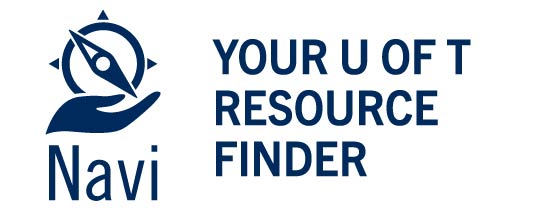Spousal Open Work Permit
Accompanying spouses or common-law partners of SOME full-time international students are eligible to apply for an open work permit often known as a Spousal Open Work Permit (SOWP).
New eligibility rules for SOWP
Spouses/partners are only eligible if the U of T student is enrolled in one of these degree-granting programs:
- Master’s degree programs that are at least 16 months duration;
- Doctoral degree programs;
- Or any of the following professional programs:
- Doctor of Dental Surgery (DDS, DMD);
- Bachelor of Law or Juris Doctor (LLB, JD, BCL);
- Doctor of Medicine (MD);
- Doctor of Optometry (OD);
- Pharmacy (PharmD, BS, BSc, BPharm);
- Doctor of Veterinary Medicine (DVM);
- Bachelor of Science in Nursing (BScN, BSN);
- Bachelor of Nursing Science (BNSc);
- Bachelor of Nursing (BN);
- Bachelor of Education (B. Ed.);
- Bachelor of Engineering (B. Eng., BE, BASc).
Spouses/partners of students in other degree programs are no longer eligible for an SOWP.
Spouses/partners of participants in the Supervised Practice Experience Partnership may also be eligible for an SOWP.
If you have a valid study permit and have been admitted into one of the eligible programs listed above, your spouse or common-law partner can apply for a work permit without proof of a job offer or a Labour Market Impact Assessment (LMIA). For more information about SOWP, please review this IRCC webpage and/or consult the advice indicated below.
Immediate family members of students/graduates applying for a Post-Graduation Work Permit (PGWP) are eligible to extend their status to match the PGWP.
For your spouse/common-law partner to be able to extend their open work permit based on the validity of your PGWP, you must include proof that you have ‘skilled work’ (jobs in TEER categories 0 or 1 in the National Occupational Classification. IRCC has listed specific TEER 2 or TEER 3 jobs that qualify due to declared labour shortages in those sectors). Without proof of your qualifying employment, your spouse/common-law partner can only extend their status in Canada as a visitor until you can prove that your job meets the eligibility criteria.
In addition, your spouse/common-law partner is only eligible to apply for an open work permit if the PGWP has at least 16 months of remaining validity.
Register for a live Question and Answer session (Requires logging-in with JOINid/UTORid)
Frequently Asked Questions
Estimated processing times give an idea of how long an application could take to be processed. If something outside of your control makes urgent processing important, you can contact IRCC through their web form to ask if it is possible. It may take up to two weeks to get a response. Note: Use the ‘Update or ask about your application’ option and then the ‘Other’ section, as the ‘Ask for urgent processing for your permanent resident card’ section doesn’t include study/work permits.
If you or your spouse or common-law partner already have status in Canada, and have applied from within Canada for new permits, you both can remain in Canada under ‘maintained status’ (formerly known as ‘implied status’) while you wait for an answer.
If your spouse/partner is currently in Canada with visitor status, they can only begin work once their work permit is issued.
As of December 24, 2024, “flagpoling” (the process of travelling to a land border crossing between Canada and the United States to apply for some permits) is no longer available. (Source)
Check out our Resources page for more support.
